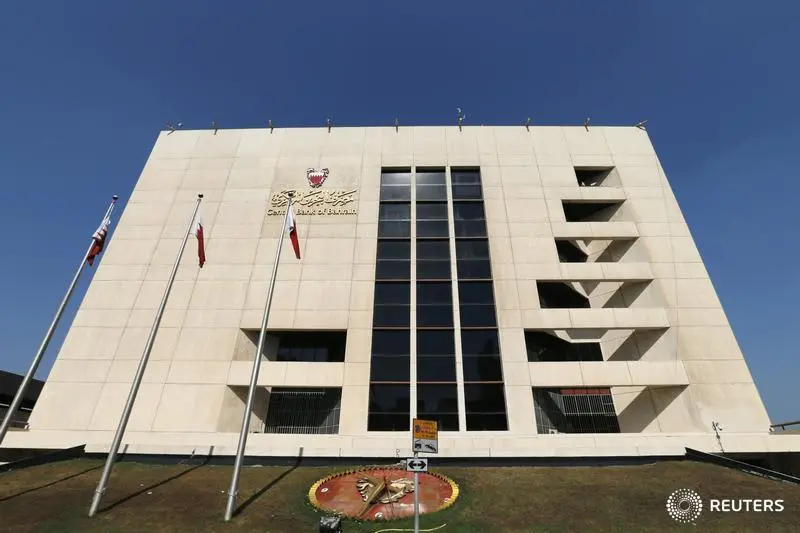PHOTO
The Central Bank of Bahrain (CBB) has raised its key policy interest rate by 75 basis points, following the US Federal Reserve.
The CBB said its key policy interest rate on the one-week deposit facility is raised from 3.25 per cent to 4pc.
The overnight deposit rate has been raised from 3pc to 3.75pc, the four-week deposit rate from 4pc to 4.75pc and the lending rates from 4.50pc to 5.25pc.
Bahrain’s banking and finance regulator said it continues to monitor global and local market developments closely in order to take any further necessary actions to maintain monetary and financial stability in the kingdom.
Raising its target interest rate by three-quarters of a percentage point to a range of 3pc-3.25pc, the US Fed signalled more large increases to come in new projections showing its policy rate rising to 4.40pc by the end of this year before topping out at 4.60pc in 2023 to battle continued strong inflation.
The US central bank’s quarterly economic projections, meanwhile, showed the economy slowing to a crawl in 2022, with year-end growth at 0.2pc, rising to 1.2pc in 2023, well below the economy’s potential.
The unemployment rate is projected to rise to 3.8pc this year and 4.4pc in 2023. Inflation is seen slowly returning to the Fed’s 2pc target in 2025. Rate cuts are not foreseen until 2024.
The federal funds rate projected for the end of this year signals total rate hikes of another 1.25 percentage points to come in the Fed’s two remaining policy meetings in 2022, a level that implies another 75-basis-point hike in the offing.
“The committee is strongly committed to returning inflation to its 2pc objective,” the Fed said in a statement announcing its third consecutive 75-basis-point hike, which is considerably higher than the quarter-percentage-point increases typical of the Fed.
The rate adjustment is meant to tame inflation, which is at multi-decade highs, but it is already having a global impact, with stock markets and risk assets like gold and cryptocurrencies seeing declines recently.
This fresh round of interest rate hikes would lead to higher borrowing costs for businesses and households.
All GCC countries, except Kuwait, have their currencies pegged to the US dollar which means they generally have to follow the Fed’s policy moves.
A GDN report last week quoted the Economic Insight report for the Middle East, commissioned by Institute of Chartered Accountants in England and Wales (ICAEW) and compiled by Oxford Economics, as saying that the rise of inflationary pressures and rate hikes by the US Fed would force the CBB into more rate increases, beyond the 225bp cumulative increase in the key policy rate already this year.
Inflation averaged 3.4pc in the first half this year, a level not seen since 2016, before rising to 3.9pc in July.
ICAEW expects inflation in Bahrain to average 3.9pc this year after prices fell annually in both 2020 and 2021.
Consumer spending is likely to be increasingly constrained going into 2023.
As of now, the CBB has sufficient reserves to maintain the currency peg with the US dollar and is likely to follow policy moves by the Fed closely so it’s not expected to have significant pressure to devalue the dinar, the report said.
(With inputs from agencies)
© Copyright 2020 www.gdnonline.com
Copyright 2022 Al Hilal Publishing and Marketing Group Provided by SyndiGate Media Inc. (Syndigate.info).





















